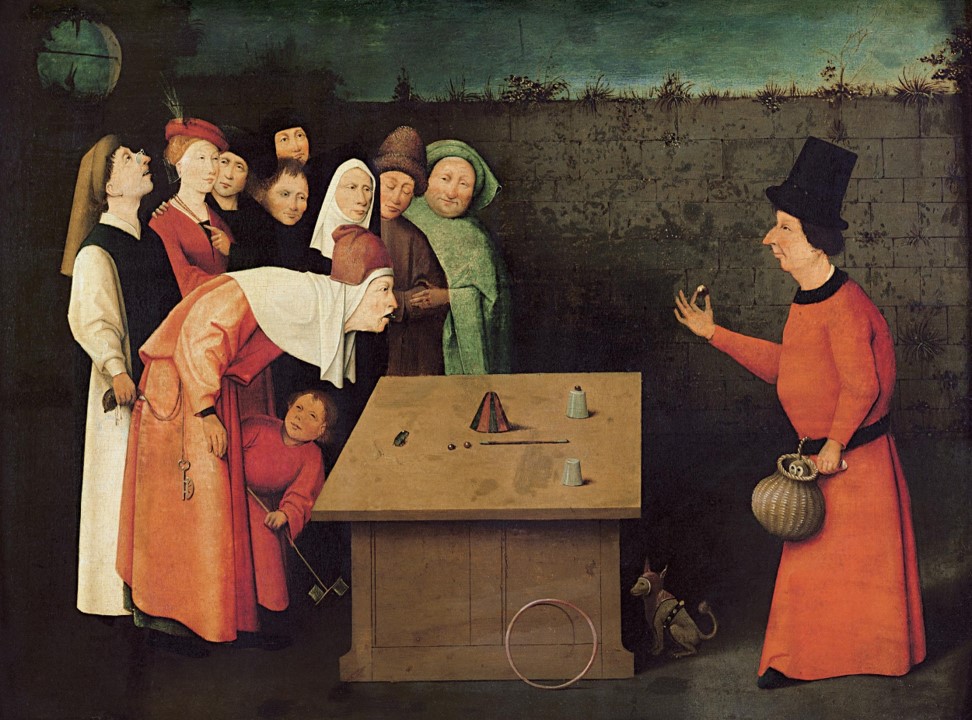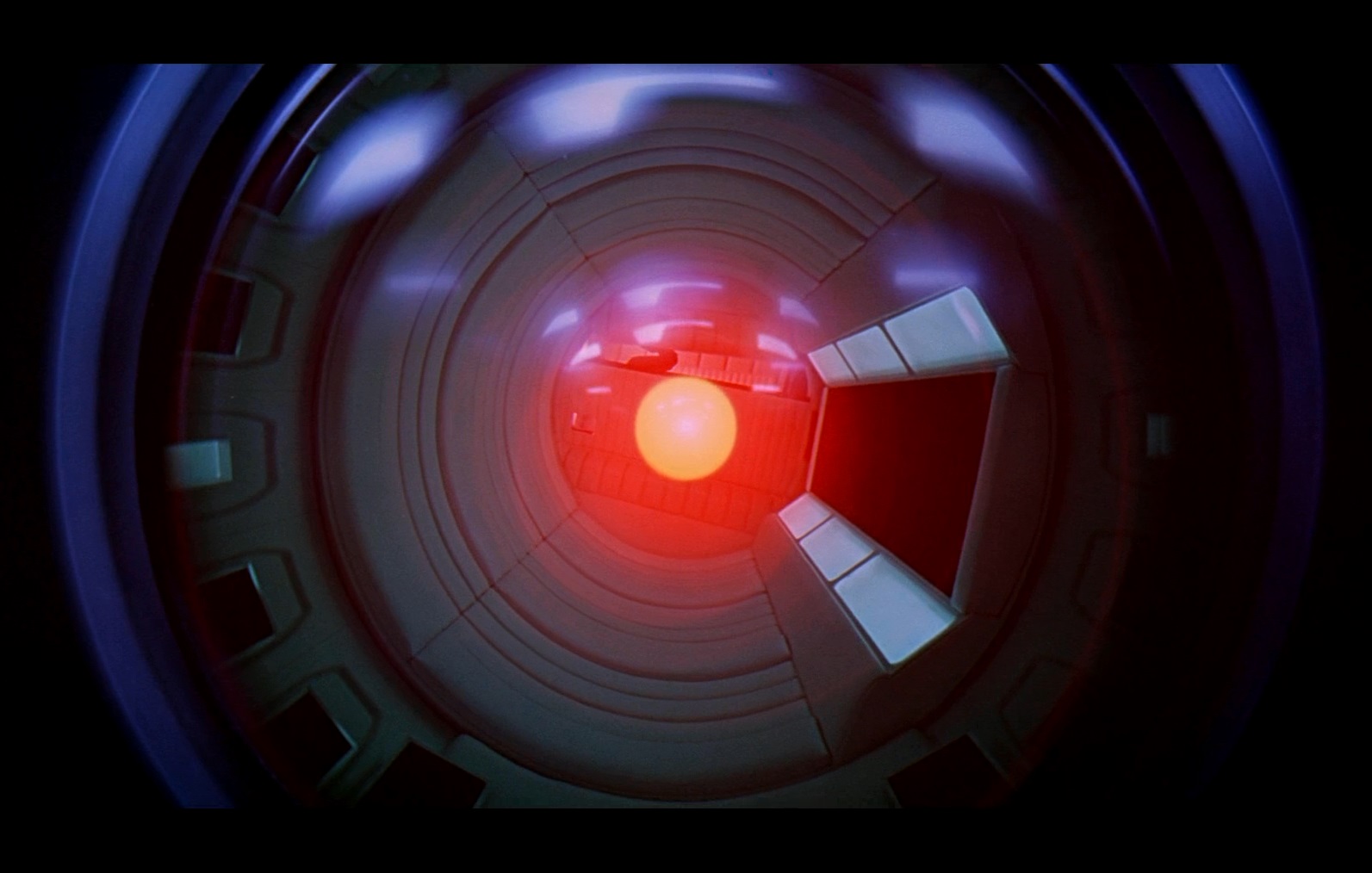(This is an adaptation of a talk I've given a few times, at companies I've worked for, and at the East Coast Game Convention. I wrote it about video game writing, but it is almost entirely applicable to film and television writing, and mostly applicable to a lot of other creative endeavors.)
In this
business, you’ll get creative criticism from all sorts of people. Your boss,
probably. Sometimes by co-workers. If you’re smart, you’ll ask for criticism
from people who report to you. Whenever the game comes out, you may get criticism
from random strangers on the Internet, although that is often not very helpful.
Sometimes
you will get notes that solve problems you are having. Other times you’ll get
notes you disagree with furiously. Sometimes they will be the same notes.
Don’t take criticism personally
First of
all, try not to take the feedback personally. This is hard to do. Someone is
criticizing your baby! Obviously, they hate you.
(Note
that feedback, especially public feedback, sometimes is a
personal attack. The bigger the company, the more likely it has politics.
Sometimes people will have it in for you. But you’re still better off treating
an attack as if it is sincere, constructive criticism, if only to judo your
opponent into loo
king like a jerk.)
All feedback is legitimate
If someone says they don’t like something, they don’t like it. You can’t
tell yourself they ought to like it. If
someone doesn’t laugh at your joke, it’s not funny, at least to them. If
someone says they’re confused, then your writing confused them. If someone says
they hate a character, then they hate them. It’s on you to figure out why, and
what to do about it.
You may even be getting criticism from someone who does not like the
genre you’re working in. What you choose to do with that information – whether you
feel it is not relevant, or you embrace it – is up to you. But their criticism
is still valid in the sense that that is their experience.
Distance yourself
It helps not to think of the work as your baby. Think of it as “the”
baby. It’s not “my” scene, it’s “the current draft of the scene.” This also
gives other people permission to critique it more freely. You can even
criticize the work yourself. Maybe you have an idea of something that’s wrong
with it, that you haven’t had time to fix, or don’t know how to fix.
Critiquing your own work, incidentally, makes anything positive that you
might say about it more believable.
The problem may not be where they
think it is

I studied
computer science in university. In programming, if something goes wrong three
quarters of the way through, it’s often because you didn’t set something up
properly at the beginning. In narrative, someone will say a scene is too long.
But shortening the scene will not make the scene better. That’s because the
real problem is earlier, where the game story failed to make you care about the
characters.
Bear in
mind, if you show someone a scene, they won’t have in their head all the scenes
that went before it. You’ll know who the characters are, but they may not. It’s
up to you to interpret the feedback you get.
Assume they are not an idiot

What
often happens is, when someone gives a suggestion, what pops into our mind is
an idiotic version of it. You may think they want a sweeping change. You may
feel like they’re trying to cut the heart out of a scene or a sequence. Why
would they want that? That’s just dumb!
Before
you reject their identification of a problem, try to figure out what a non-idiotic
version of what they’re saying might be. “If this wasn’t dumb, what would it be? Then ask
if the non-idiotic version is what they meant. If it is, bravo! Now you have a
good problem to solve instead of a bad one. Even if they did mean something
dumb, at least they are clearer on what you’re thinking, and you’re clearer on
what they’re thinking; and you have identified a non-idiotic problem your work
might have.
Find the Truth

Search
for what is true rather than what is false. Figure out how the critique is true. Your goal
isn’t to defend your work. Your goal is to find how it is weak. Actively seek
out the criticism, even if it is buried in confusion, contradiction or fluff.
The hard
part of science is not finding evidence that corroborates your theory. The hard
part is thinking up ways to disprove your theory. If you try to
disprove your theory every which way, and it holds up, it’s a solid theory. But
if you only try to support it, you’re leaving it to other people to point out
its flaws.
Actively
dig for
the truth. Sometimes people will point out something that, you agree, is a problem.
But you
also get the feeling that something else is bugging them. They just can’t
crystallize what it is. So they grumble at it, and move on.
This is
often a much more structural, serious problem than the thing they were able to
criticize. It will require more work to fix. The temptation is to avoid the
hint and focus on the surface flaw.
Don’t
ignore it. Interrogate them (nicely). Try to work with them to crystallize what
they’re having problems with. When someone tells you, “Nah, forget it, it’s
fine,” you say, “No, seriously. I can tell you’re bumping on something. Let’s
talk about it.”
If you
don’t, they may come back with the same criticism in three months. Or, play-testers
will have the same problem. Or, God forbid, players.
Don’t
wait for the snippy Let’s Play video. Dig.
What they want you to do about it may be wrong
All
feedback is legitimate. Most criticisms have some truth to them.
Many
solutions proposed to you will be bad. Hopefully a more experienced writer can
give you an approach that will solve the problem. Other people, particularly non-writing
managers and people from other disciplines, will give you suggestions that fix
the problem in front of you and create many more problems elsewhere. Even your
boss may give you a bad idea, if you spent a month thinking through what you
wrote, and they’re skimming it during an online conference call about optimizing
frame rates.
Feel
free to take the good bits of the criticism and ignore the bad solutions.
Unless, of course, where you are, congeniality is prized over creative results.
(That’s called “toxic positivity,” and most senior developers have experienced
it one time or another.)
Find out what problem they are trying to solve
 Surprisingly
often, people forget to give you their critique, or gloss over it. They jump
right to their solution.
Surprisingly
often, people forget to give you their critique, or gloss over it. They jump
right to their solution.It’s
wise to find out what they’re trying to fix before addressing – or rejecting –
their solution. They may be proposing a big, involved solution to a problem you
can fix surgically, in a line or two.
Or, you
may realize that the problem they brought up is actually bigger than their solution,
and is going to require more work. That’s useful to know, too, even if it is
not as cheery news.
“We’ll take a look at that.”
So, you
really worked at understanding the criticism, and you know what their problem
really is. But you’re still convinced that they’re wrong. They’re honing in on
something that’s not the real problem, they want something fixed that isn’t
broken, they want a change that will break things, they didn’t game it out.
You may
find yourself from time to time in a situation where you can already see their
idea won’t work. You can work it out in your head. Or maybe you already tried
it out, like, three months ago. It didn’t work then, and it’s not gonna work
now.
Imagining
how unwritten things are going to turn out, whether they’re going to play nice
together, what they’re going to break – this is a writer’s superpower.
Surprisingly, most non-writers cannot do the math in their heads. They can’t imagine
doing the math in their heads. So when you tell them you already did it, and
that’s not going to work, they won’t believe you. They’ll think you are being
precious. They may feel disrespected.
I have
got in hot water for telling folks about problems I could foresee in a story.
Two years later, sure enough, the story had those problems. (Didn’t help me any,
but I was already at another company.)
 |
Say
“We’ll take a look at that.”
Then
really do take a look at it. Actually. Really truly.
That
gives you time to remember that the person who gave you the note is probably
not an idiot, to find the truth, to find the deeper problem, etc. Time for your
hackles to come down. Time to try out the suggestion, so you can say, “I tried
it, and I couldn’t make it work.” Or “that doesn’t work b
Or, “I
tried your idea and it worked. Thank you!” That generally goes down pretty
well.
(You can
even say this when they didn’t propose anything, but their notes triggered a
good idea on your part. Or when they proposed something only tangential to what
you did. They will often agree that it was their idea.
When I
was a kid, we were told that we should be truthful about everything. But we
were also told that avocado green was a good idea for your kitchen, so we
should have known better.)
Is it a hill to die on?
Sometimes
you have to execute a note you think is wrong. Videogames are a collaborative art.
If you don’t execute the note the way higher-ups want, at some point they will
find someone who will.
Play the
long game. If you were right, at some point it will become clear that the note
did not work. If there’s time and resources, perhaps it will get fixed. And,
you know, maybe you were wrong. There have been times I thought I was right,
and I was wrong, you know?
Is it a
hill to die on? Probably not. I mean, if someone asks you to write something
legit evil, then yeah, kick up a fuss. But if they’re just asking you to write
something dumb, well, it’s a video game. Video games are sometimes dumb. Your
career is more important than a video game.




